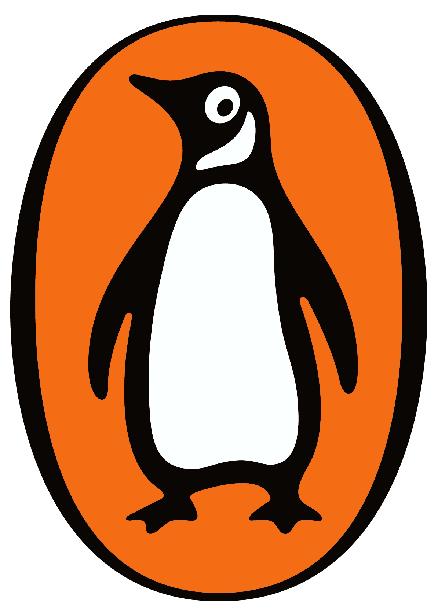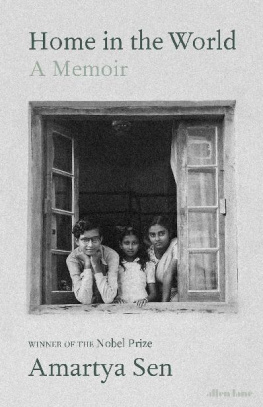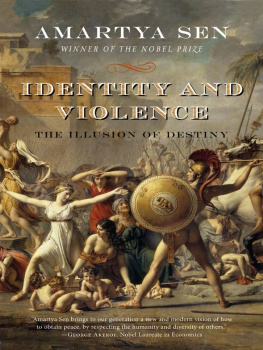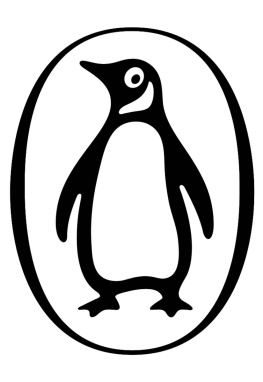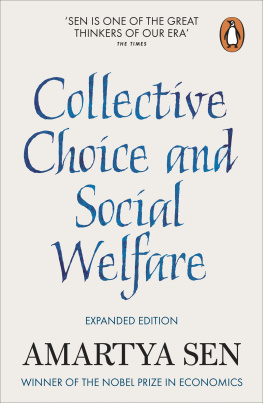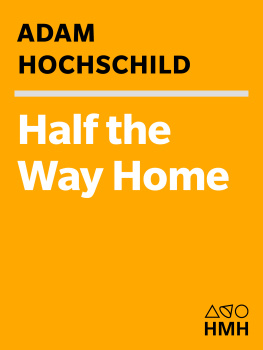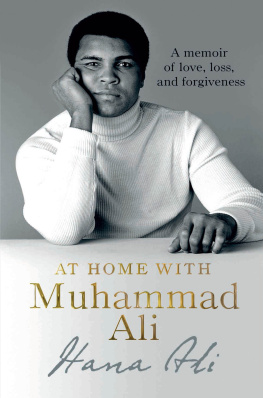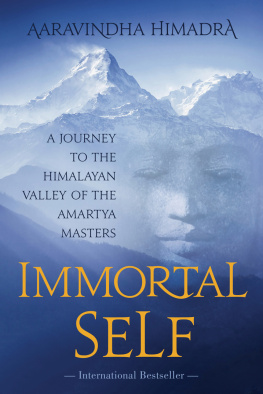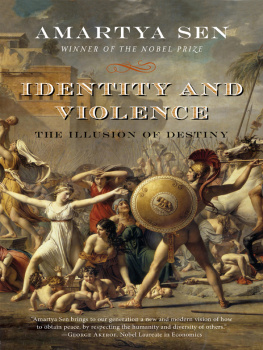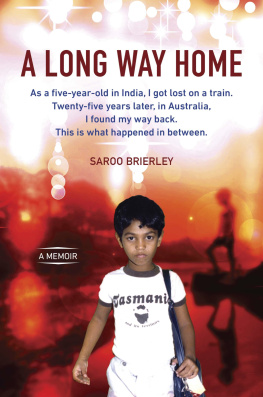Amartya Sen
HOME IN THE WORLD
A Memoir
Contents
About the Author
Amartya Sen is Professor of Economics and Professor of Philosophy at Harvard. He was Master of Trinity College, Cambridge, from 1998 to 2004, and won the Nobel Prize for Economics in 1998. His many celebrated books including Development as Freedom (1999), The Argumentative Indian (2005), Identity and Violence: The Illusion of Destiny (2007), and The Idea of Justice (2010), have been translated into more than 40 languages. In 2012 he received the National Humanities Medal from President Obama and in 2020 he was awarded the Peace Prize of the German Book Trade by President Steinmeier.
BY THE SAME AUTHOR
Collective Choice and Social Welfare
On Economic Inequality
Poverty and Famines
Development as Freedom
The Argumentative Indian
Identity and Violence
The Idea of Justice
To Emma
Acknowledgements
Fond Memory brings the light / Of other days around me, wrote Thomas Moore, in the sadness of what he describes as a stilly night. He recalls the friends who had to fall, and the smiles, the tears / Of boyhoods years, and also talks about his sense of being deserted by all. The recollection of memories can certainly be a sad exercise, evidently even for a young man of twenty-six, as Moore was at the time he wrote the poem. And yet remembering the past even from long ago can also be enjoyable, bringing one back to happy events, engaging reflections and challenging dilemmas.
Remembering, however, is not the same thing as writing a memoir. The latter has to be aimed mostly at other people. The self-indulgence of what is called in Sanskrit smriticharan (the grazing of ones own memory) may not interest others at all, who may nevertheless be curious about what actually happened and how the experiences and thoughts of another person can be understood and shared. In assisting me to move from my memory to a written memoir and in making sure that what I have tried to say does not lack clarity and cogency, Stuart Proffitt has been astonishingly helpful. I am hugely indebted to him for what he has done for the book.
At a critical stage of planning this book, I also received excellent advice from Lynn Nesbit, and also from Robert Weil. I am grateful to them both. In talking about the book while it was being written, I have benefited from points raised by my children, Antara, Nandana, Indrani and Kabir, and also by my cousins Ratnamala and Miradi. I have also received good suggestions from Rehman Sobhan, Rounaq Jahan, Paul Simm, Victoria Gray and Sugata Bose. A long public conversation I had some time ago with Tim Besley and Angus Deaton, partly on my work, for a report to the Annual Review of Economics, has been very helpful to me in writing some parts of this book, and I am grateful to them both.
Kumar Rana and Aditya Balasubramanian read large parts of the manuscript of the book at different stages of my writing, and their careful comments have been tremendously useful for me. The book was written over nearly a decade, and most of the writing happened mostly during the summers at the Hotel Le Dune in Sabaudia, Italy, and at Trinity College, Cambridge. For their help in coordinating my efforts, I am very grateful to Inga Huld Markan, Chie Ri and Arabinda Nandy.
I greatly appreciate the assistance of a number of people at Penguin Books whose help has been critically important for the production of this book, including Jane Robertson, Richard Duguid, Alice Skinner, Sandra Fuller, Matt Hutchinson, Ania Gordon and Coralie Bickford-Smith.
Finally, my wife Emma Rothschild, to whom the book is dedicated, read the entire manuscript and made numerous valuable suggestions, commenting on almost every page. It is not easy to express my appreciation of this adequately.
A Note on the Spelling of Sanskrit Words
I have abstained from using diacritical marks in spelling Sanskrit words (except where I quote other writers) since they can be discouraging to non-specialist readers because of their complication. They can also be a bit confusing to those whose main alphabetic experience has been through English. For example, it is hard to persuade a diacritical amateur that calk is a good way of making people invoke the object that goes with a blackboard (called chalk in English). I have tried instead to spell Sanskrit words with letters that approximate to their English pronunciation. With some indulgence, this can be made to work, but it is not perfect.
Preface
One of the earliest memories from my childhood is being awakened by the loud hoot of a ship. I was nearly three years old. The sound made me sit up with some anxiety, but my parents reassured me that all was well and that we were sailing from Calcutta to Rangoon through the Bay of Bengal. My father, who taught Chemistry at Dhaka University in what is now Bangladesh, was about to begin three years teaching in Mandalay as a visiting professor. When the hoot woke me, our ship had just completed the hundred-mile journey from Calcutta to the sea on the Ganges (in those days Calcutta was still serving as a port for quite big ships). My father explained to me that we were now going to be on the open sea until we arrived in Rangoon in a couple of days. I did not, of course, know what a sea journey would be like, nor anything about the different ways that people travelled from one place to another. But I did experience a sense of adventure, and an exciting feeling that something serious was happening to me which had never happened before. The deep blue waters of the Bay of Bengal looked as if they had been conjured from Aladdins lamp.
Nearly all my earliest memories came from Burma, where we stayed for a little over three years. Some of what I remember was clearly real, such as the beautiful palace in Mandalay, with a charming moat around it, the striking views from the banks of the Irrawaddy River and the presence of shapely pagodas wherever we went. But my memories of the elegance of Mandalay may not match the accounts some others give of a very dusty city, and the striking beauty of our typical Burmese house was, I expect, exaggerated by my love for it. The fact is, I could not have been happier.
I travelled from my earliest days. After my childhood in Burma, I went back to Dhaka, but then moved again fairly soon to live and study in Santiniketan, where Rabindranath Tagore, the visionary poet, had established his experimental school. He was a great influence on me and my family. The title of this memoir is inspired by his book The Home and the World , and reflects his influence.
After ten engaging years at Tagores school in Santiniketan, I went to Calcutta to begin my college education. I had some excellent teachers and great classmates there, and the work of the college was well supplemented by a coffee house next door in which wonderfully engaging discussions and debates often occurred. From there I went to Cambridge, England, which started with another captivating boat journey, this time from Bombay to London. Both Cambridge and my college, Trinity, drew me into their splendid old history.
Then came a year spent teaching at MIT in Cambridge, Massachusetts, and at Stanford in California. I made brief attempts to put down roots in various places before returning to India (via Lahore and Karachi in Pakistan) to teach at Delhi University, offering courses in economics, philosophy, game theory, mathematical logic, and a relatively new subject social choice theory. The recollection of the first three decades of my life ends with happy days as a dedicated young teacher, with the anticipation of a new and a more mature stage of my life.
